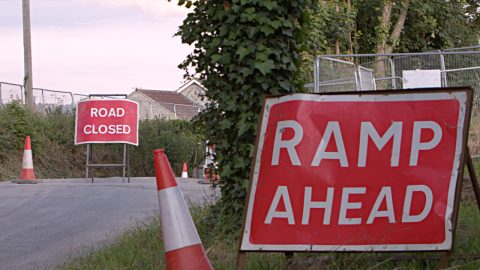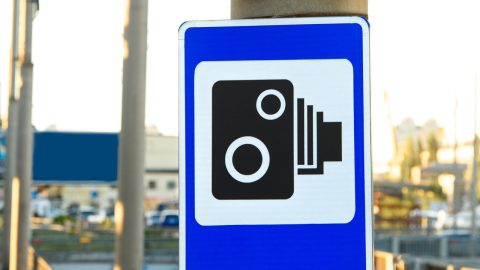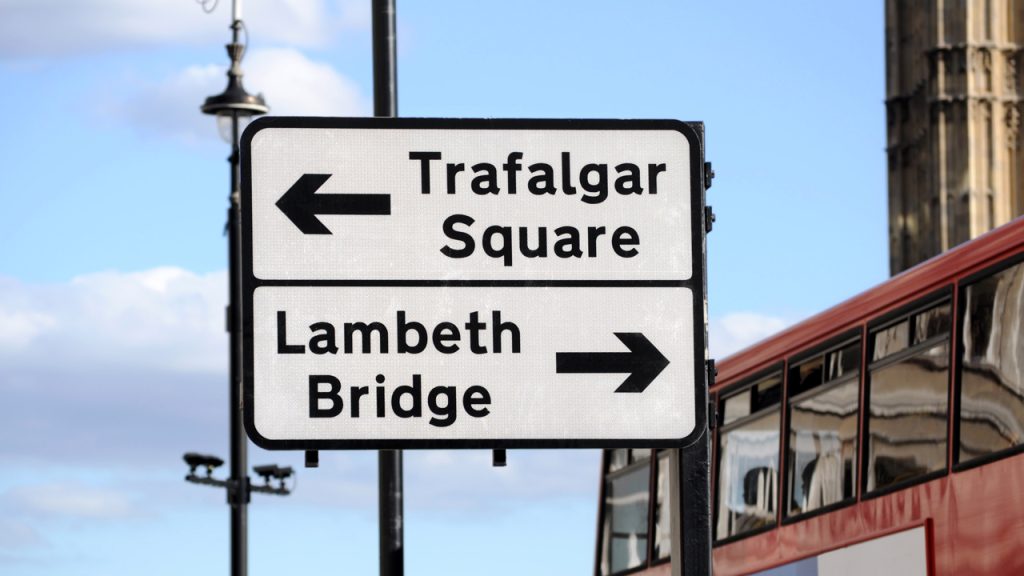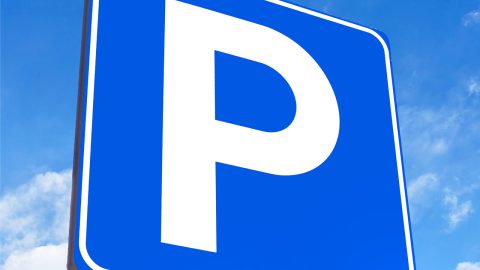As cities around the globe grapple with the challenge of air pollution, London has taken a bold step with the expansion of the Ultra Low Emission Zone (ULEZ). Initially introduced in Central London in April 2019, the ULEZ aims to curb pollution by imposing stricter emissions standards on vehicles. With the recent expansion, understanding the implications for daily commutes, vehicle compliance, and overall air quality is more critical than ever.
Background and Objectives
The ULEZ expansion is part of London’s broader strategy to create a cleaner, healthier city. Air pollution, particularly from road transport, poses significant health risks, contributing to respiratory and cardiovascular diseases. The primary objective of ULEZ is to reduce harmful emissions such as nitrogen dioxide (NO2) and particulate matter (PM), improving air quality and public health outcomes.
Scope of the Expansion
The expanded ULEZ now covers a more extensive area up to, but not including, the North and South Circular Roads. This significant increase in coverage means that more vehicles are subject to the zone’s emissions standards, with the aim of accelerating the transition to cleaner transportation modes.
Emission Standards and Charges
To drive within the ULEZ, vehicles must meet specific emissions standards: Euro 4 for petrol cars and vans, and Euro 6 for diesel cars and vans. Non-compliant vehicles are subject to a daily charge of £12.50 for cars, motorcycles, and vans, and £100 for heavier vehicles such as lorries and buses. These charges apply 24 hours a day, every day of the year, except Christmas Day.
Impact on Residents and Commuters
For residents within the expanded zone, the ULEZ presents both challenges and opportunities. Owners of older, non-compliant vehicles face the decision of paying daily charges, upgrading their vehicles, or shifting to alternative modes of transport. Commuters from outside the zone must also consider these factors when planning their journeys into and through London.
Financial Assistance and Exemptions
Recognising the financial impact on some drivers, Transport for London (TfL) offers a scrappage scheme to help low-income and disabled Londoners scrap or retrofit non-compliant vehicles. Certain exemptions and discounts are also available, such as for residents within the zone, blue badge holders, and historic vehicles.
ULEZ FAQs
Check your vehicle’s compliance using the TfL online checker by entering your registration number.
Failure to pay the ULEZ charge will result in a Penalty Charge Notice (PCN) of £160 for cars, reduced to £80 if paid within 14 days.
The ULEZ charges apply 24/7, so you must pay the charge regardless of the time of day or night.
Future expansions will depend on evaluations of the current expansion’s effectiveness and broader environmental policy decisions.
Electric vehicles are exempt from ULEZ charges, encouraging the shift towards cleaner, greener transport options.
ULEZ is expected to significantly reduce NO2 and PM emissions, leading to better air quality and lower health risks associated with air pollution.
TfL offers a scrappage scheme for small businesses to replace or retrofit non-compliant vehicles.
All vehicles driving within the ULEZ, even if just passing through, must meet emissions standards or pay the daily charge.
ULEZ enforcement is carried out through a network of fixed and mobile cameras that read vehicle number plates.
Visit the TfL website or contact TfL customer service for detailed information and assistance related to ULEZ.
Looking Forward With ULEZ
The ULEZ expansion is a critical component of London’s commitment to environmental sustainability and public health. By encouraging cleaner modes of transport and reducing vehicle emissions, the ULEZ aims to create a healthier future for all Londoners.
As the city adapts to these changes, continued public engagement and support will be essential in continuing the momentum towards achieving its environmental goals. The success of ULEZ not only hinges on the regulations and systems put in place but also on the collective action of its citizens. Embracing alternative, greener modes of transport, supporting policy measures aimed at reducing pollution, and advocating for sustainable urban living are all ways in which Londoners can contribute to a greener future.
Leading by example, London sets a precedent for cities worldwide to follow suit in the fight against urban air pollution. The journey towards cleaner air is a shared one, with every resident playing a part in shaping London’s environmental legacy.









